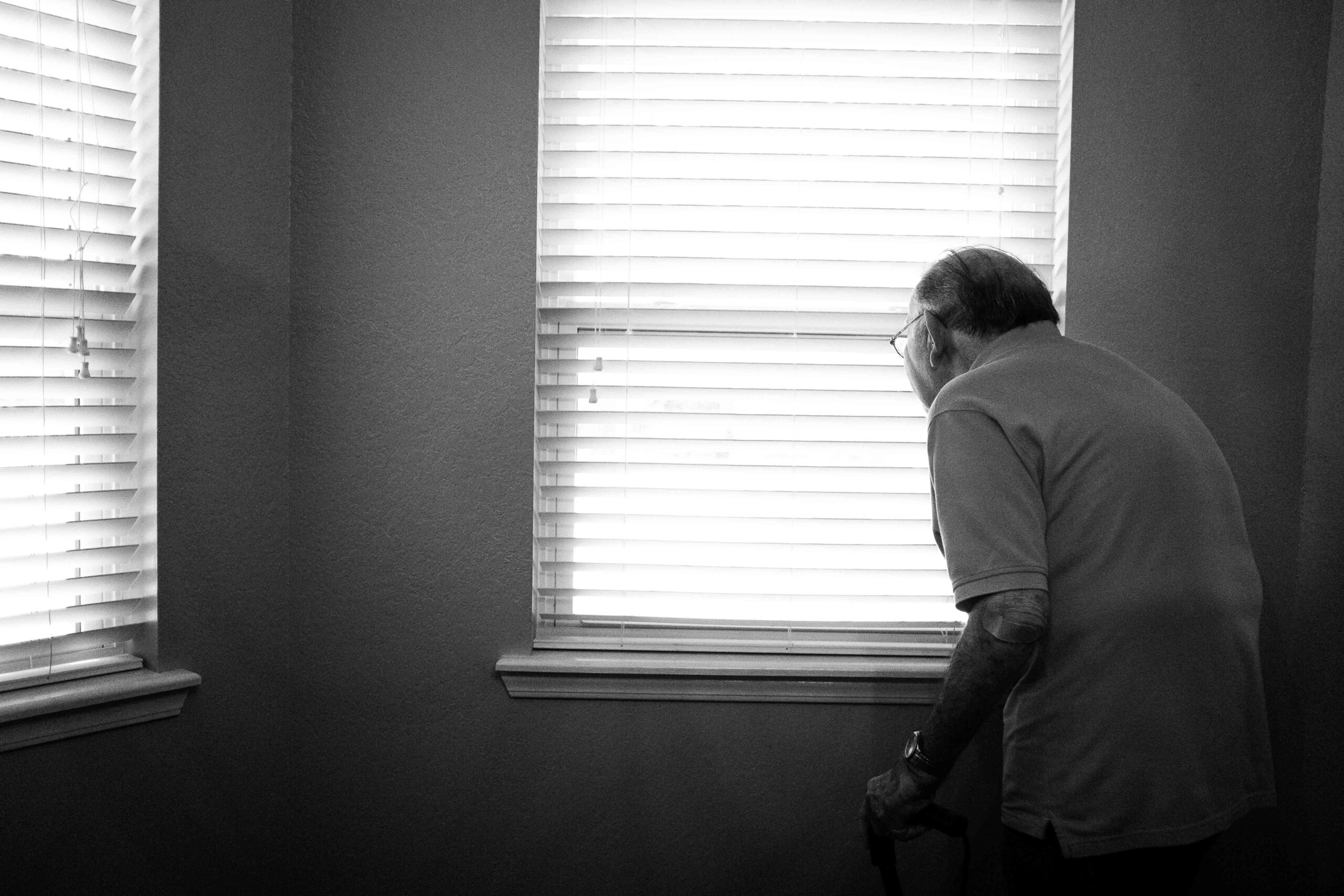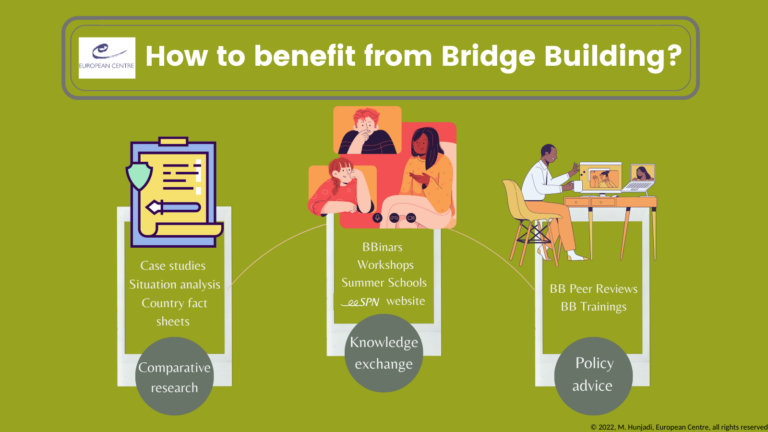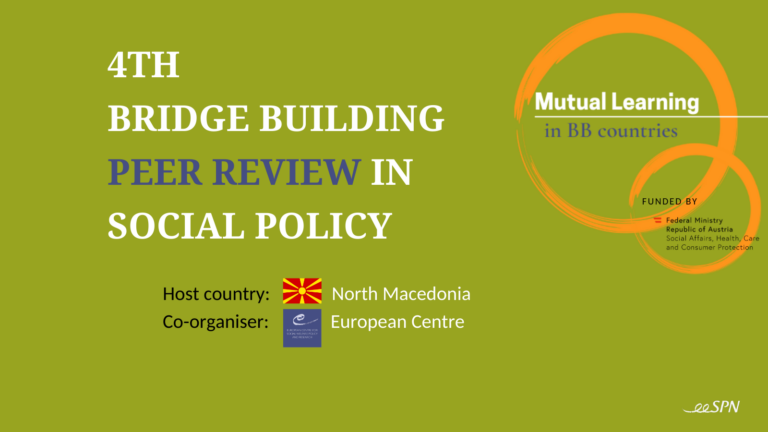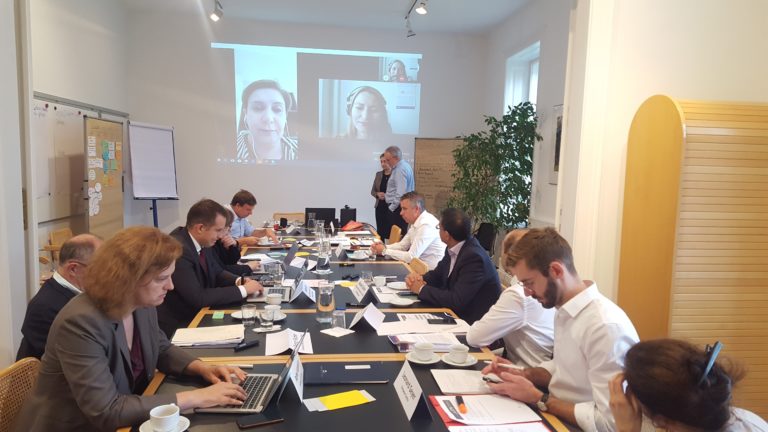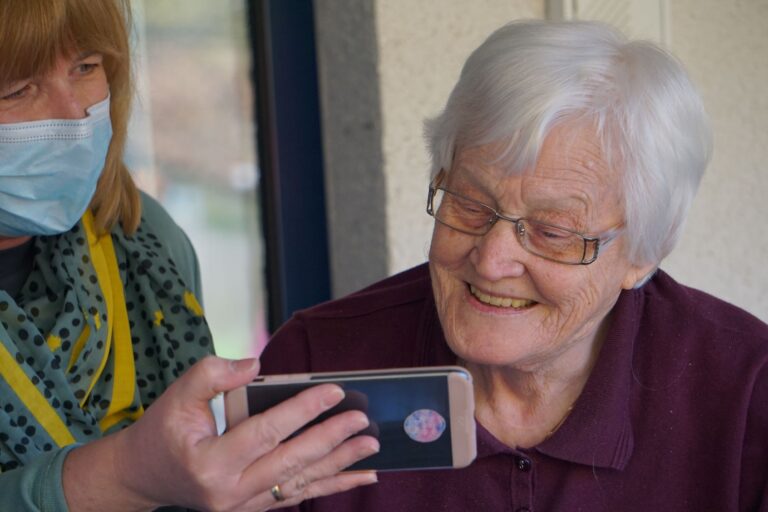Humanitarian aid Ukraine: lonely people 70+ in Donbass – challenges, lessons learned and recommendations
15/04/21 By Galina Poliakova, Ukrainian Chartity “Turbota pro Litnih v Ukraini”
The situation in Donbass is quite challenging due to the conflict and its consequences in the resident population. Younger people have left the region and have settled in more prosperous and safer places. Older people prefer to stay in their own homes. When asked about this choice they replied “I would like to die in my own home” or “I want to be buried near my parents”. Which is not very optimistic, but still their choice. Furthermore, the area is not only in the “buffer zone” of the conflict but also in the “orange” COVID-19 quarantine zone. Public transport was very scarce before the epidemic, and nowadays it has become even worse. The area is partially demolished by shelling and unfortunately, the combat activity continues. As a result, old people who live alone, especially those with restricted mobility, have very limited access to shops and other services.
In addition, most humanitarian missions and charities have lost interest in Ukraine and the war conflict in Donbass. The Ukrainian Charity “Turbota pro Litnif v Ukraini” (TLU) and their partners are providing support to these marginalized older persons living in Donbass with the financial support of the British Jewish community’s international humanitarian agency “World Jewish Relief” (WJR), that has been offered from the beginning of the war in 2014. This support had saved many lives of old lonely people in the non-government-controlled area and in the buffer zone close to the contact line.
The TLU team used the new WJR grant of 10 000 GBP received in winter 2020-21 to make the necessary procurements and arrange the delivery of humanitarian aid to 384 residents aged 70+ in 14 villages located in the contact line, namely: Ceramik, Novoselivka, Novoselivka-1, Novoselivka-2, Novoselivka-3, Novokalinove, Novobakhmutivka, Ocheretine, Pervomaiske, Oleksandropil, Semenivka Verkhniotoretske, Vodiane, and Zhelanne. The humanitarian aid contained food products and sanitation/hygiene items (including reusable masks).
The delivery of the humanitarian aid is not, however, without challenges. The first challenge the staff of both TLU and our partner organisation “Slavic Heart” encountered was the difficulty of handling heavy-weight products and materials. This challenge was overcome with the assistance of two young volunteers from Kiev. They unloaded the lorries arriving from the suppliers of the goods, helped to pack the individual packages and then loaded the lorries to deliver the humanitarian aid to the beneficiaries.
The second challenge was caused by the focus on a very specific group of beneficiaries: these were lonely people aged 70+ with health problems. As they could not come to the meeting points and bring home their two packages (one with food and the other with sanitary items), the humanitarian aid had to be delivered to every house in every village. This effort increased the cost of delivery which was covered by a small grant provided by the German Federal Fund “Erinnerung, Verantwortung und Zukunft” (EVZ).
The third challenge was related to the weather conditions: short daylight hours and icy roads made the delivery process more difficult. However, the experienced team could cope with these problems and deliver the aid packages to the beneficiaries. Taking into account the mentioned inconveniences the team had to be more careful and to drive in day time. Of course, this entailed the need to do more trips and thus the project implementation took about two weeks longer. However, despite dreadful roads and adverse weather conditions, the packages were delivered to the beneficiaries.
Every single beneficiary was attended personally and the parcels were delivered to every home. Yet, this is not a common practice. Several humanitarian missions prefer to provide vouchers to the people living in the “buffer” zone. Although this approach gives them a chance to select the products on their own, unfortunately old and frail people cannot make use of this privilege. The supermarkets are located in bigger localities which are inaccessible for old people with partial immobility, to say nothing of those who are confined to beds. We believe that for these categories of people in need, measures and services provided should take into consideration what the needs are and how to provide for them in an accessible way, otherwise they might not achieve the intended results. Simple actions such as door-to-door delivery can make a significant difference and should be incorporated in any initiative.

